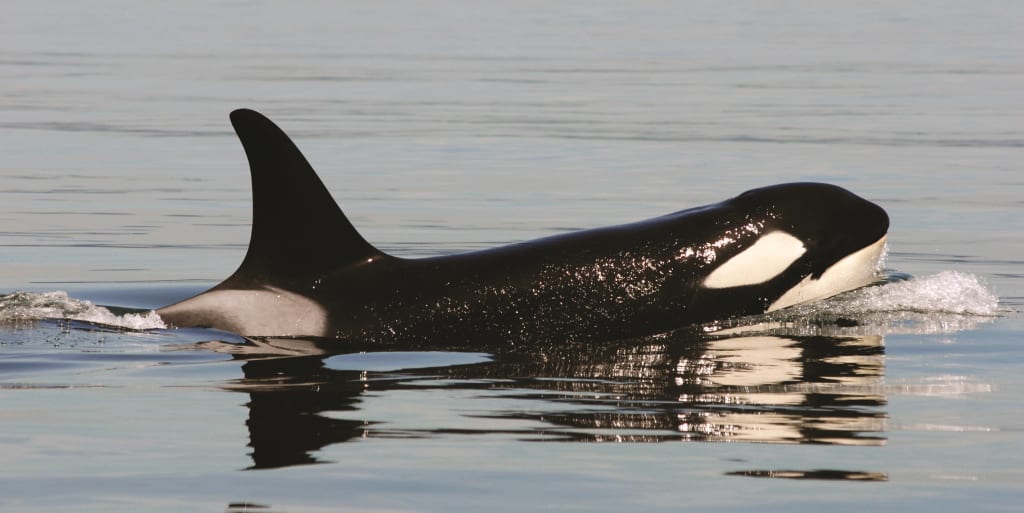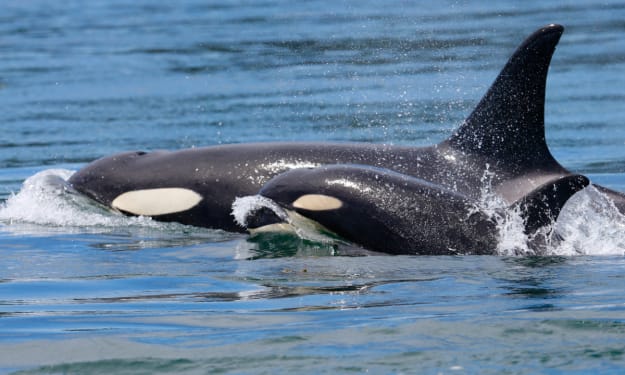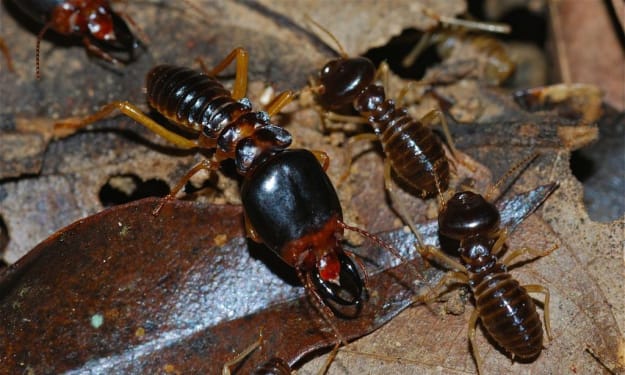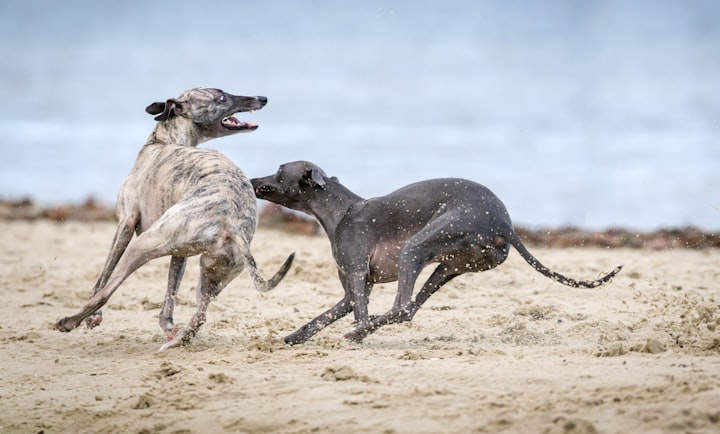
The United States Navy recently applied for an incidental take of marine mammals, for some of their recent naval training for the 2020 season and beyond.
Take as defined under the ESA means "to harass, harm, pursue, hunt, shoot, wound, kill, trap, capture, or collect, or to attempt to engage in any such conduct." (NOAA Fisheries). Incidental take is an unintentional, but not unexpected, taking. With this situation, harassment, harm, wound, and kill are the concerns that are raised.
The Navy themselves, in the application are indeed aware of the potential ramifications of the situation- that “acoustic and explosive stressors are most likely to result in impact of marine life”. As most marine mammals utilize echolocation- stressors would indeed affect echolocation and hearing- leading to possible stranding and even hearing loss, which has been documented in rehabbed and non-releasable cetaceans (Rudolph of CMA, Morgan of Loro Parque, etc.)
Specific areas include the coasts of Alaska, Oregon, and even in Puget Sound. What makes this situation especially precarious is the presence of the Southern Resident Killer Whales in Puget Sound and Oregon Coasts.
The applied take for the Southern Resident population is placed at 51, accounting for injuries and in the worst-case, mortality. For a group that only comprises of 74-75 individuals, a loss of even several individuals is too great a cost. Two of the orcas in the population, one in the L Pod and J35 are also both pregnant for this year. It is also possible that more orcas could be pregnant. With a significantly low population, every birth is needed to ensure survivability of the population. The orcas henceforth and ideally should not be disturbed.
The U.S Navy also expects that dolphins, baleen whales, pinnipeds (sea lions, seals) and even porpoises would also be affected by acoustic and explosive stressors. However comparatively they expect less of an impact on numbers from incidents and mortalities due to greater populations of animals but nevertheless, accidentally harming animals due to training, should not occur.
While NMFS says that these incidental takes will be negligible to populations, under the worst-case scenario, it can wipe out 2/3 of the Southern Resident population. Mitigations and precautions should be stricter and put in place to prevent incidents- that range from acoustic and explosives, to even running into whales with their boats. The teams that would be in the areas hence need to be vigilant not to encounter any animals.
In addition, admittedly, rescue and rehabilitation facilities need to be prepared to take in animals affected by takes. The Texas Marine Mammal Stranding Network, Vancouver Aquarium Marine Mammal Rescue, Clearwater Marine Aquarium Hospital and SeaWorld Rescue all should be on standby to assist marine animals affected by the Navy’s activities.
Rescuing and rehabilitating affected animals would and should be a key component if the US Navy plans to go forward. They would have to alert the respective facilities, NMFS, and NOAA if they harm any animals throughout their sonar and explosives training. Rightfully, the Navy should not be exempt if they hurt marine life in their training, however with the application, they seek to avoid the fines that come with marine life harm and harassment.
Overall, I strongly urge that the US Navy considers increasing precautions or relocate to an unpopulated area where their training activities will not affect or harm the local marine life fauna.
To my readers, feel free to adopt an animal (orca, seal) or donate for their care and conservation, specifically through Ocean Wise, Canada’s parent organization for Marine Mammal Rescue.
https://ocean.org/our-work/aquadopt/killer-whale/
In addition, see the Navy take application for further information below:
About the Creator
Dimitri S
Writer. Psychology graduate.
Educating the public on the intricacies of cetaceans in human care and in the oceanic environment.






Comments
Dimitri S is not accepting comments at the moment
Want to show your support? Send them a one-off tip.